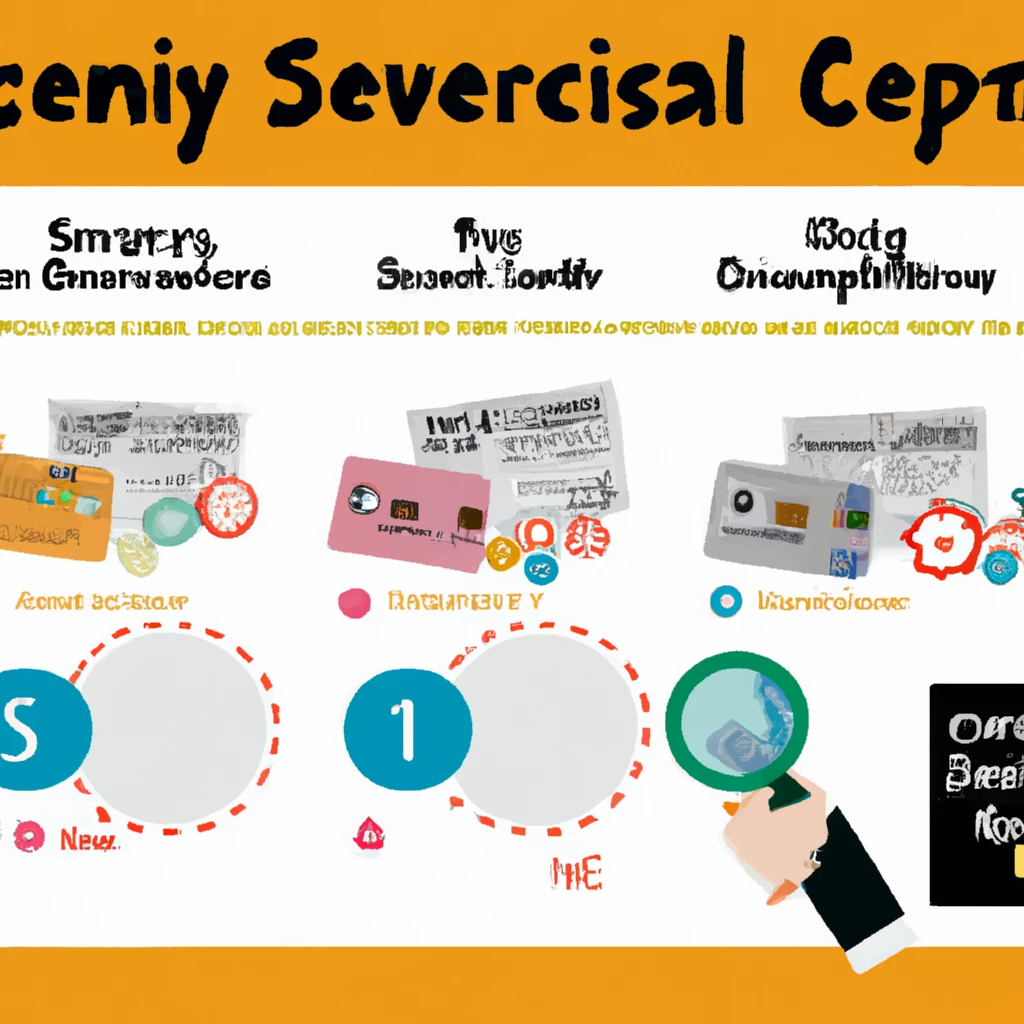Maintaining a healthy credit score involves more than just paying bills on time and staying within your credit limit. While these are crucial aspects, there are other lesser-known factors that can impact your creditworthiness. Let’s delve deeper into these lesser-known factors that may affect your credit score.
1. Small Unpaid Debts
Often overlooked, neglecting small debts like unpaid parking tickets or library fines can also harm your credit score. While some municipalities no longer report such minor debts to credit bureaus, any unpaid debt, no matter how small, can impact your creditworthiness negatively.
2. Utility Bills
Although utility payments are not traditional loans, failing to pay them can have consequences. While utility companies typically don’t report payment behavior, delinquency that leads to collections can reflect poorly on your credit report.
3. Too Many Recent Credit Applications
Excessive credit applications, especially within a short timeframe, can lower your credit score. Limit new credit applications, especially before major financial decisions like home or car purchases, to avoid credit score decreases.
4. Long-Term Loan Shopping
Shopping around for loans within a short period generally doesn’t hurt your score. However, prolonged loan shopping can eventually impact your creditworthiness.
5. Business Credit Cards
Business credit card usage can affect your personal credit if you’re the main account holder. Ensure timely payments on business cards to safeguard your personal credit standing.
6. Mistakes You Didn’t Make
Inaccurate information in your credit history, such as errors or mix-ups, can hurt your credit score. Regularly checking your credit reports and disputing any errors can help maintain a clean credit profile.
Periodically review your credit reports from all major bureaus to identify and rectify any discrepancies. Each bureau may have different information, emphasizing the importance of checking all three reports consistently.
7. Missing Accounts
Missing accounts on your credit report, especially positive ones, can lower your credit score. Request your creditors to report all credit information to ensure accuracy in your credit profile.
If you find accounts missing from your report, consider urging creditors to report the information or transferring accounts to creditors who report regularly to maintain an accurate credit history.
Is FICO the Only Credit Score?
While FICO is a prominent player in credit scoring, VantageScore, introduced by major credit bureaus, is also widely used. Both offer multiple scoring models, meaning individuals may have several credit scores for different purposes.
What Can You Do if You Find an Error in Your Credit Report?
If you spot inaccuracies in your credit report, you have the right to dispute them. Credit bureaus are obligated to investigate your claims and provide findings. Check the websites of major credit bureaus for steps on disputing errors.
How Can You Find Out Your Credit Score?
While you can purchase credit scores, free options are available from various sources. Some banks and websites provide complimentary scores, but remember that free scores may differ from purchased ones.
The Bottom Line
Maintaining a solid credit score involves more than timely payments and credit utilization. Pay attention to these lesser-known factors to safeguard your creditworthiness and address any errors promptly for a healthy credit profile.
